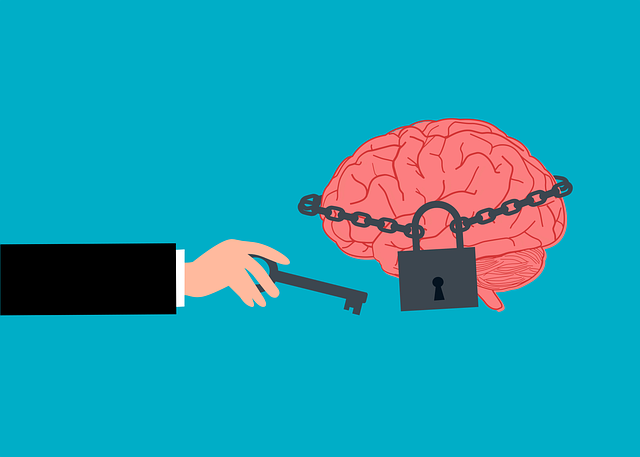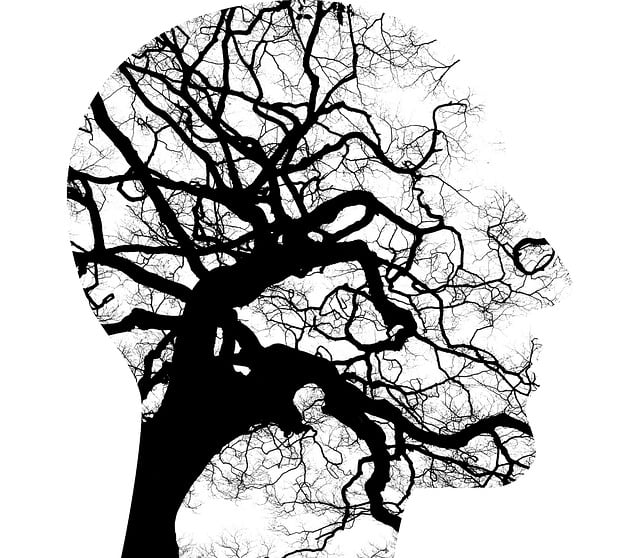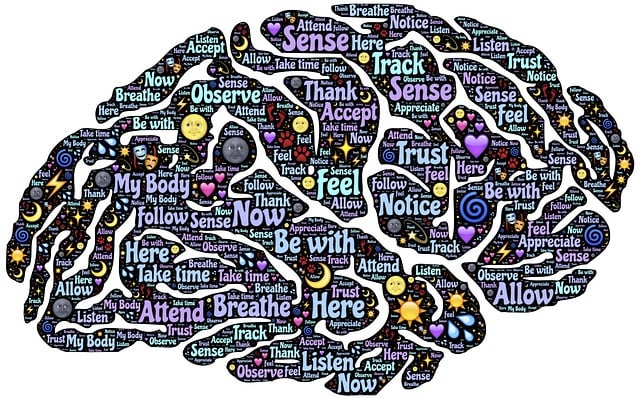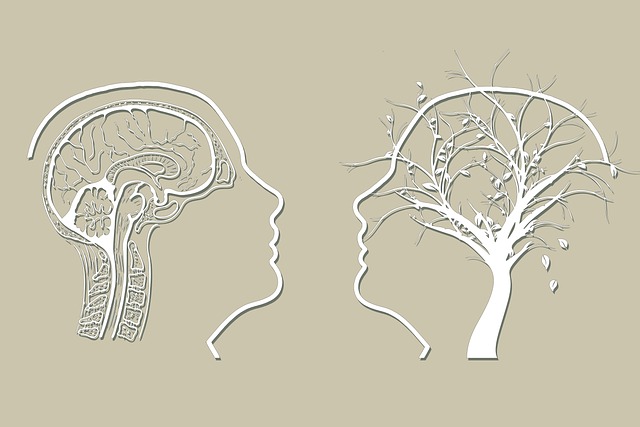Understanding and advocating for effective mental health policies, like those at Louisville Blended Families Therapy, is crucial to enhancing access to care. This involves analyzing rules, laws, and guidelines affecting funding, provider regulations, and patient rights, especially for marginalized groups. By identifying gaps, advocates can propose solutions like Cultural Competency Training for healthcare providers, promoting mindfulness meditation, and encouraging mood management strategies. In Louisville, where blended families face unique hurdles, policy changes aim to create a supportive environment with accessible, culturally sensitive therapy services, ultimately improving mental well-being.
Mental health policy analysis and advocacy play a pivotal role in shaping accessible, effective care, especially within diverse family structures like Louisville’s blended families. This article explores these policies’ profound impact on therapy access, delving into Louisville’s unique landscape with its challenges and opportunities. We analyze key strategies for policy examination and provide actionable advocacy tips to foster change, ultimately aiming to enhance mental well-being in blended families across the city. Discover how navigating mental health policies can revolutionize therapy accessibility for Louisville’s diverse households.
- Understanding Mental Health Policy: A Foundation for Advocacy
- The Impact of Policies on Access to Therapy in Blended Families
- Louisville's Current Mental Health Landscape: Challenges and Opportunities
- Effective Strategies for Mental Health Policy Analysis
- Fostering Change: Advocacy Tips for Better Therapy Access in Blended Families
Understanding Mental Health Policy: A Foundation for Advocacy

Understanding Mental Health Policy is a cornerstone for effective advocacy, especially within communities like Louisville Blended Families Therapy. Mental health policy encompasses the rules, guidelines, and laws that shape access to mental healthcare services, funding allocation, provider regulations, and patient rights. By analyzing these policies, advocates can identify gaps, disparities, or areas needing improvement in the mental health care system. This understanding enables them to propose evidence-based solutions and advocate for changes that promote better mental well-being for all.
For instance, integrating practices like Mindfulness Meditation into therapeutic approaches can be advocated for through policy interventions. Similarly, Risk Management Planning for Mental Health Professionals, which focuses on their safety and resilience, is crucial for maintaining a robust mental healthcare workforce. Effective advocacy also pushes for policies that prioritize Mood Management strategies, ensuring individuals receive comprehensive care tailored to their unique needs.
The Impact of Policies on Access to Therapy in Blended Families

In Louisville, blended families often face unique challenges when it comes to accessing therapy services. Policies that fail to account for the complexities of these families can significantly limit available options, affecting mental health outcomes. For instance, a lack of specialized services tailored to blended families may result in inadequate coping strategies and heightened anxiety among their members.
Addressing this gap requires advocacy for policies promoting inclusive healthcare practices. Implementing mandatory Cultural Competency Training for healthcare providers would ensure they are equipped to support Louisville’s diverse blended family structures. Such training can facilitate more effective communication, foster empathy, and enhance the delivery of personalized therapy, focusing on Anxiety Relief and Coping Skills Development. Through policy changes, it becomes possible to create a supportive environment where every member of a blended family feels heard and understood, ultimately improving their access to quality mental health care.
Louisville's Current Mental Health Landscape: Challenges and Opportunities

Louisville’s mental health landscape is a complex tapestry woven with both challenges and opportunities. The city, known for its vibrant culture, also grapples with issues like high stress levels, burnout among healthcare providers, and limited access to quality therapy services, particularly for blended families seeking support. Despite these hurdles, there are promising signs of progress.
Initiatives focused on integrating technology into mental health care, such as telemedicine options, have opened doors for more individuals to access treatment. Additionally, growing awareness about emotional healing processes and confidence-boosting strategies is encouraging. These efforts, combined with community outreach programs aimed at destigmatizing mental illness, present a unique chance to transform Louisville’s mental health services, ensuring better well-being for all residents.
Effective Strategies for Mental Health Policy Analysis

Effective strategies for mental health policy analysis involve a multifaceted approach. Firstly, Louisville Blended Families Therapy underscores the importance of understanding the unique needs and challenges faced by diverse communities. This requires in-depth research to identify gaps in existing services and resources, particularly within marginalized populations. By employing robust data collection methods, advocates can expose systemic issues contributing to mental health disparities.
Additionally, fostering collaboration between stakeholders—from healthcare professionals to policymakers—is vital. Such partnerships facilitate the development of evidence-based policies that prioritize accessible, affordable, and culturally competent mental health care. Incorporating strategies for stress management and promoting positive thinking within these policies can significantly enhance their impact. Advocacy efforts should also emphasize the integration of holistic interventions tailored to address the complex interplay of social, economic, and environmental factors affecting mental well-being.
Fostering Change: Advocacy Tips for Better Therapy Access in Blended Families

In Louisville, blended families face unique challenges that can impact mental health and well-being. Advocacy for better therapy access is a crucial step towards fostering change and supporting these families. One effective strategy is to raise awareness about the specific needs of blended households, highlighting the need for tailored therapy services that address complex dynamics and transgenerational trauma. Engaging with local policymakers and community leaders can drive initiatives aimed at improving mental health resources, ensuring cultural sensitivity and competence in therapy.
Encouraging self-care practices among all family members is another vital advocacy tip. Promoting depression prevention strategies and resilience-building activities can empower blended families to navigate challenges more effectively. By integrating these practices into daily routines, individuals can enhance their coping mechanisms, improve overall mental health, and foster stronger connections within the family unit. This collective approach not only benefits individual family members but also strengthens the entire Louisville blended families therapy ecosystem.
Mental health policy analysis and advocacy play a pivotal role in shaping accessible and effective therapy for Louisville’s blended families. By understanding the current landscape, identifying challenges, and employing strategic analysis, we can drive meaningful change. The strategies outlined in this article, combined with diligent advocacy, have the potential to revolutionize mental healthcare, ensuring better outcomes for individuals and families navigating the complexities of blended households in Louisville and beyond. This is a crucial step towards fostering healthier, happier communities.














